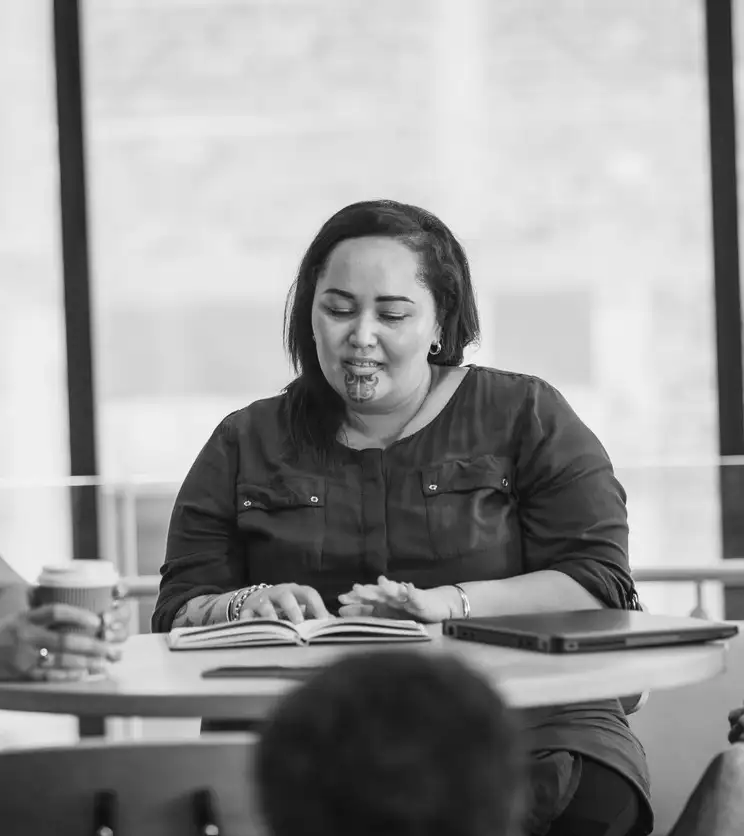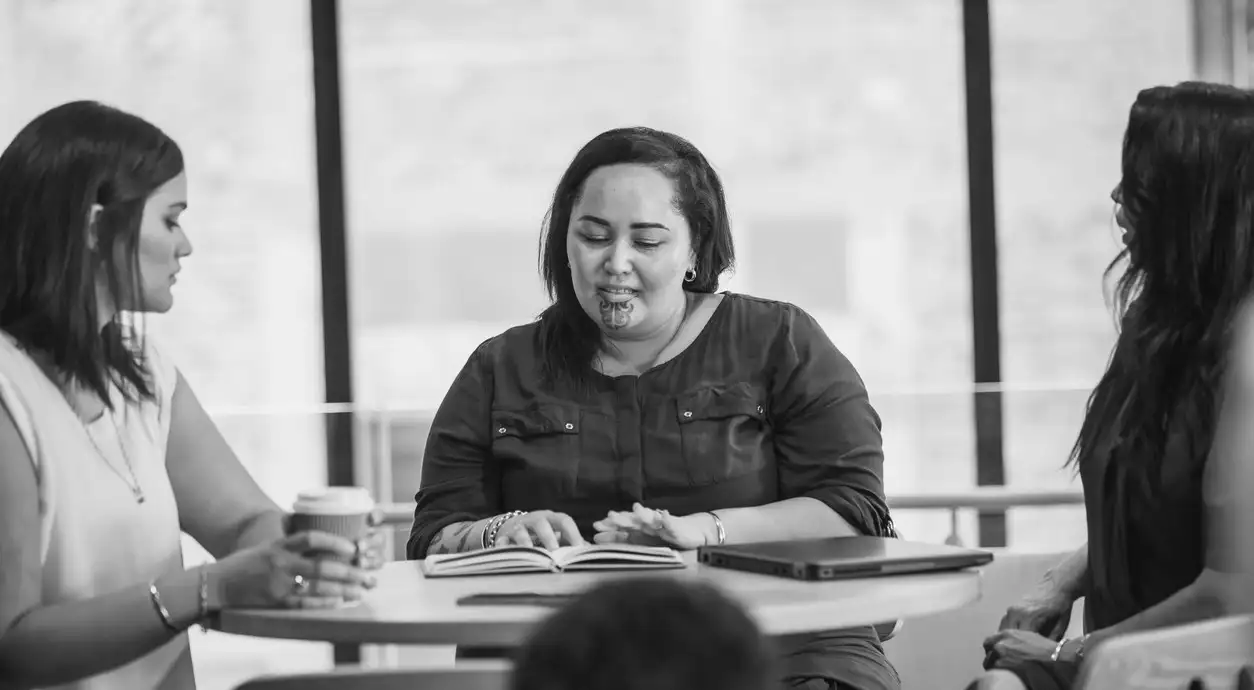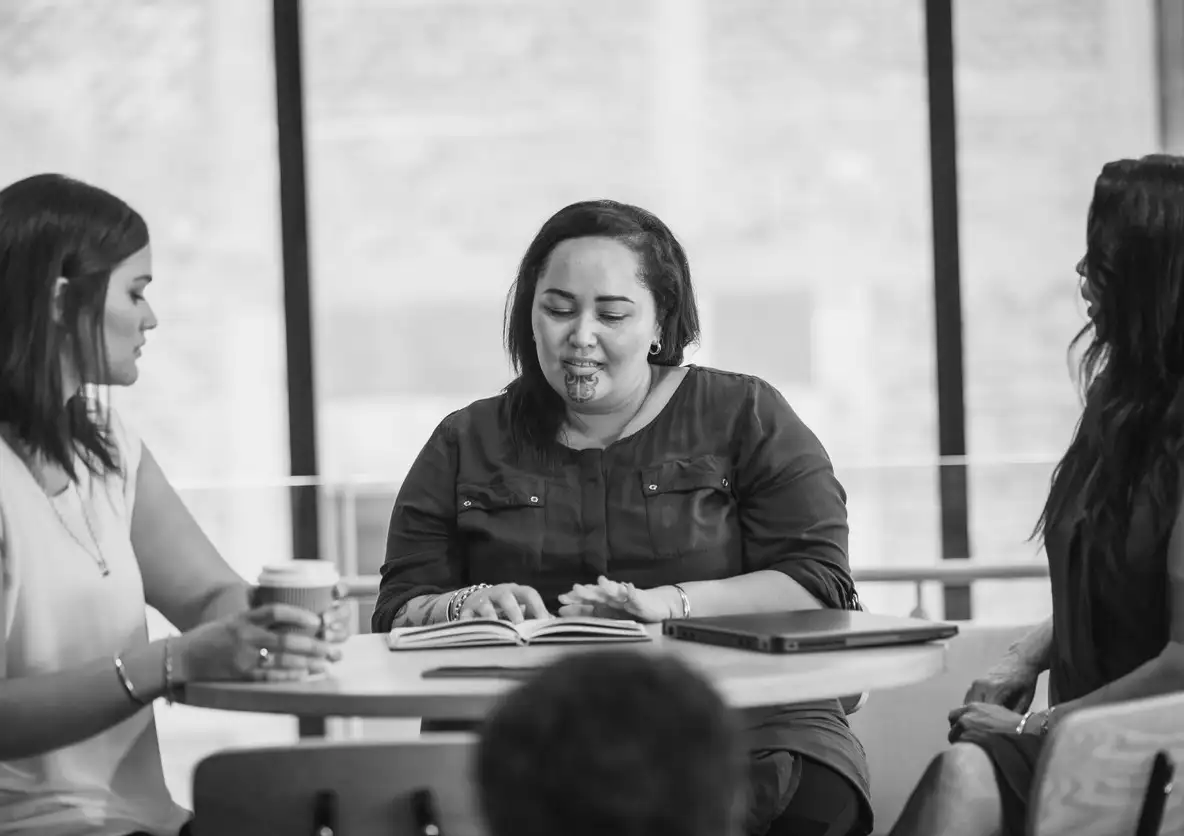Partnerships



Why localism is key to cultivating genuine partnerships with Māori.
Strong partnerships between councils and iwi, hapū and Māori are crucial to local government, and help ensure the whole community is reflected in a council’s mahi. Yet for these relationships to be genuine and effective, using a localist lens is essential.
Engagement with Māori shouldn’t be an afterthought, but a collaborative process from the beginning. Not only does this ensure that iwi, hapū and Māori are a meaningful part of the decision-making process, it also acknowledges that the voices of Māori around the country are different and unique – and that local knowledge is key.
A powerful example of this can be found in Tūrangi, in a historic partnership between the Taupō District Council and Ngāti Tūrangitukua – the Ngāti Tūwharetoa hapū that holds mana whenua over the area. While they had a pre-existing relationship, both parties wanted to formalise this to ensure that the relationship – and rohe – could flourish. So, after extensive discussion and negotiation, they signed a groundbreaking Mana Whakahono partnership agreement in 2022.
For context: in 2017, a significant provision was added to the Resource Management Act, designed to enhance the participation of Māori in council decision-making by enshrining it in legislation. This provision allowed for a tool called Mana Whakahono ā Rohe, which is designed to assist tangata whenua and local authorities discuss, agree and record how they will work together under the Resource Management Act.
However, both Taupō District Council and Ngāti Tūrangitukua wanted to build on this further. So after extensive discussion and negotiation, they created a new Mana Whakahono agreement that embeds this into a wider collaborative framework, covering not only the Resource Management Act, but the Local Government Act and Reserve Act as well. Their goal? To establish a genuine, equitable partnership.
A key part of this was establishing of a co-governance committee, one that has equal council and Ngāti Tūrangitukua appointments. This was considered as part of Taupō District Council’s representation review – the process all councils go through to figure out the make-up of their council (e.g. how many wards they’ll have and where), which helps ensure a community is accurately represented in council. This co-governance committee means that not only do mana whenua have a voice in council matters, they also make key decisions – thanks to council delegating specific decisions for the community of Tūrangi to the committee.
Hinerauamoa Mohi, Chair of the Ngāti Tūrangitukua Māori Committee, emphasises the importance of this partnership in empowering hapū to share decision-making for their town, highlighting the community's strong commitment to local autonomy. Together, council and Ngāti Tūrangitukua have already worked together on a number of community-focused initiatives, including a destination playground and a multi-million-dollar community sports facility – demonstrating the power of shared local decision-making. That’s localism in action.
Wellington City Council and mana whenua have also recently established a formal relationship, signing the Tākai Herei partnership in 2022. It sets a framework for how they will work together for the benefit of the city and region, and is underpinned by shared values and tikanga.
Then-councillor Jill Day (Ngāti Tūwharetoa) stressed how important it was that mana whenua took the lead in what this partnership looks like. “Historically, councils are known for not improving the wellbeing of Māori. But this is now an especially important goal to us as a city,” she told LGNZ. “But we can't lead that - we need to work with mana whenua on this and be guided by mana whenua in how we do that.” That’s localism in action – allowing the local voices of those affected by decisions to be a key part of shaping what those decisions are.
There are many other great examples of genuine partnership happening across the motu, and key to them all is this localism-focused approach – ensuring that iwi, hapū and Māori have genuine input into decisions that will affect their future. Which is, at the end of the day, good for everyone. As Liz Kelly, the Ngāti Toa Rangatira representative on Wellington City Council’s committees and subcommittees, says: “I don't think that you can separate it and say, “this only benefiting Māori”, because whatever benefits us benefits everybody. And, if you’re talking about the environment, the things we want for our environment benefit everybody.